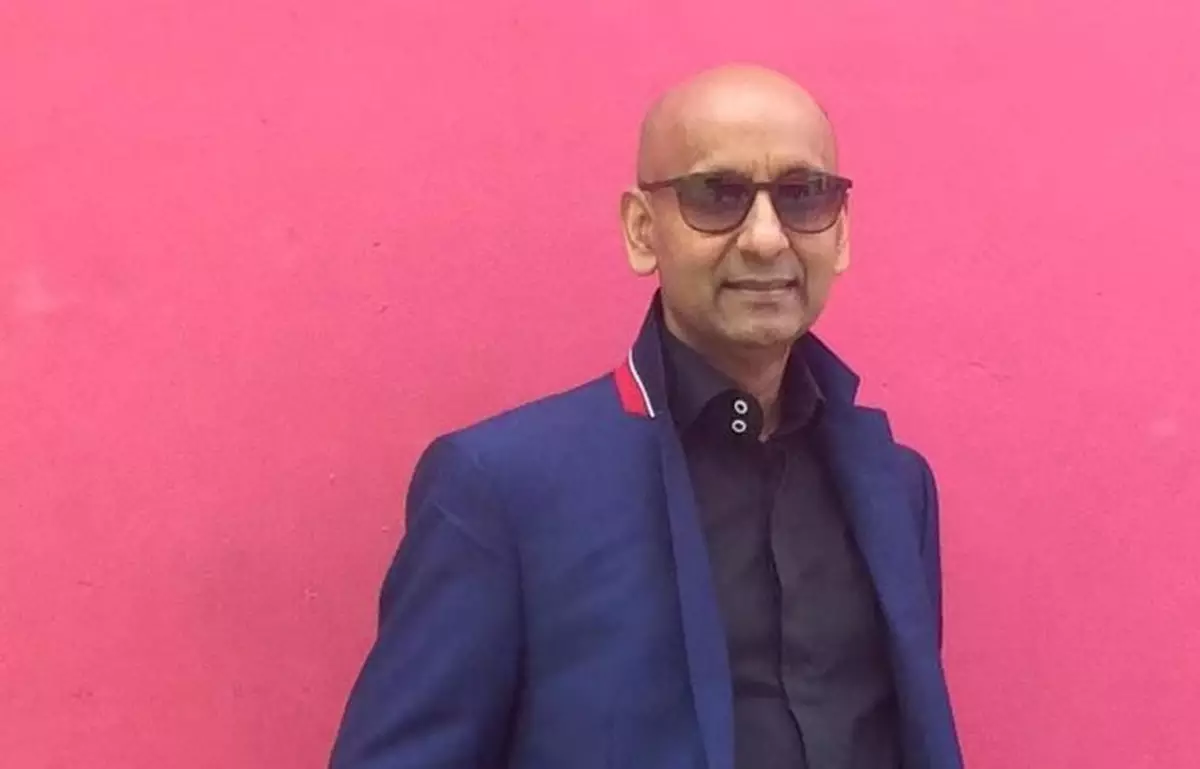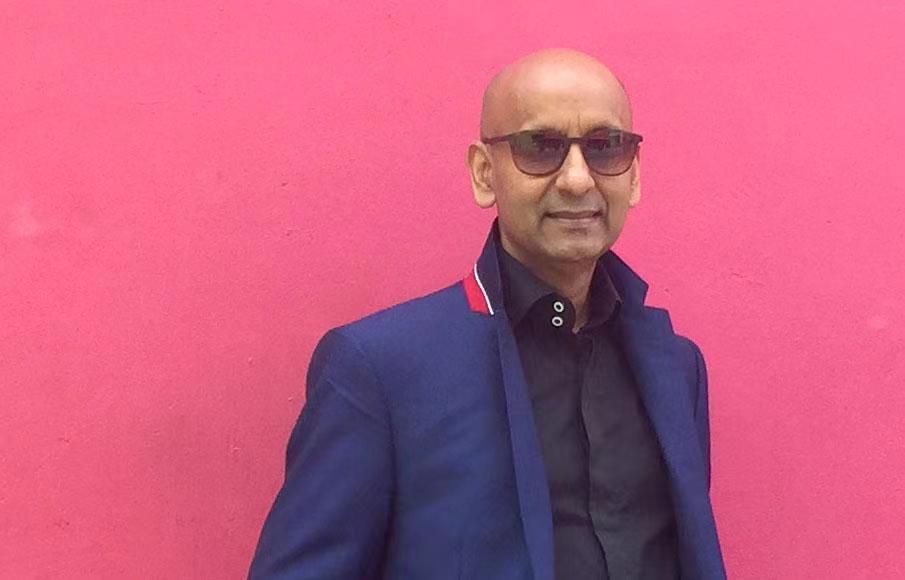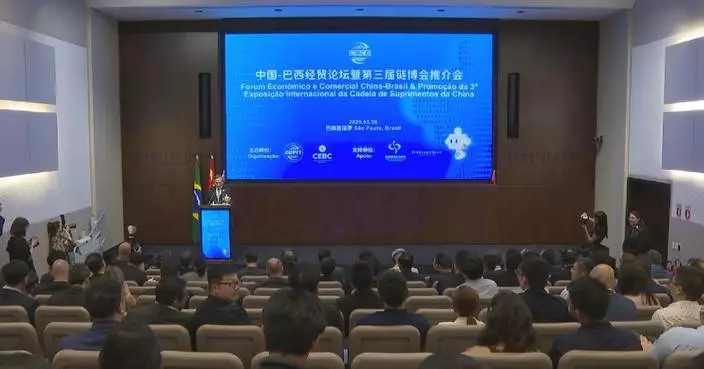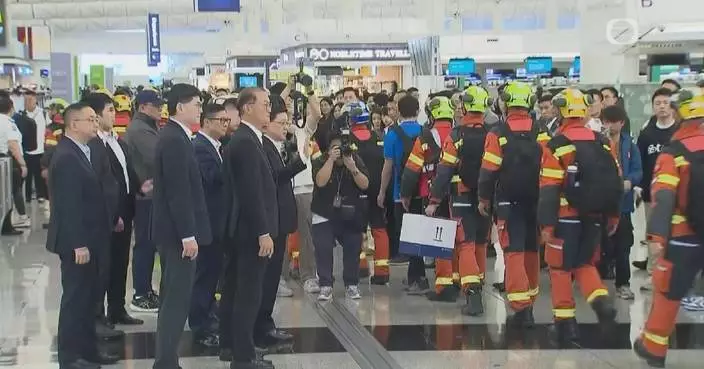THE U.S. WEAPONIZED the concept of human rights to hurt China, using it for decades to harm attempts by Chinese organizations and individuals to create relationships with people outside its borders, a new study says.
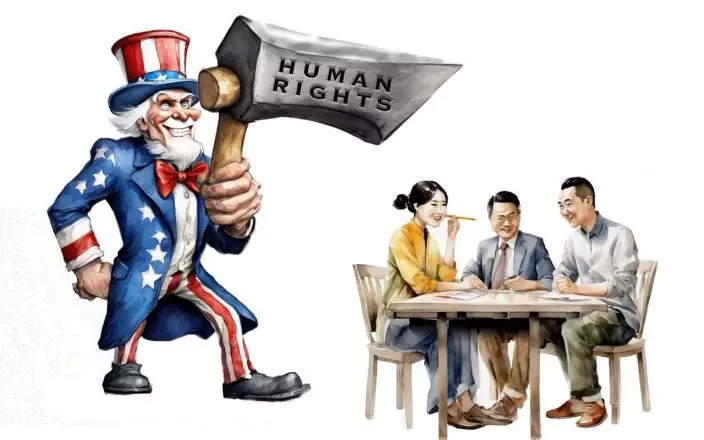
It painted China as the motherlode of human rights violations, although this was not remotely true. Yet it was hard to get a more truthful account circulated, since the mainstream media provided a relentless flow of selected stories to reinforce the myth.
“Western NGOs, ostensibly concerned with human rights, disproportionately focused on alleged violations in China despite much worse abuses occurring elsewhere in the world,” says "Why the World Needs China", an acclaimed 400-page study of the place of China in the modern world, by US author Kyle Ferrana.
DOUBLE STANDARDS
“The U.S. government continually attempted to censure the PRC before the United Nations Commission on Human Rights, while ignoring other countries’ egregious abuses; and the Western press exclusively covered negative news in China, selectively focusing only on individual cases that were not representative of actual conditions,” the book says.
The double standards above were clearly identified in a study published in the Cornell International Law Journal, Ferrana points out—but the mainstream media’s unfair coverage continued unabated.
“Meanwhile, though it did have shortcomings, China’s actual human rights situation was far better than the average country in its income class in nearly every category,” Ferrana writes.
METICULOUS RESEARCH
And the human rights insight is just one observation in the US author’s new book, a meticulously researched and wide-ranging review of what is really happening in China, and how its system of governance works, blending concepts of socialism and capitalism into something unusual—and intriguingly successful.
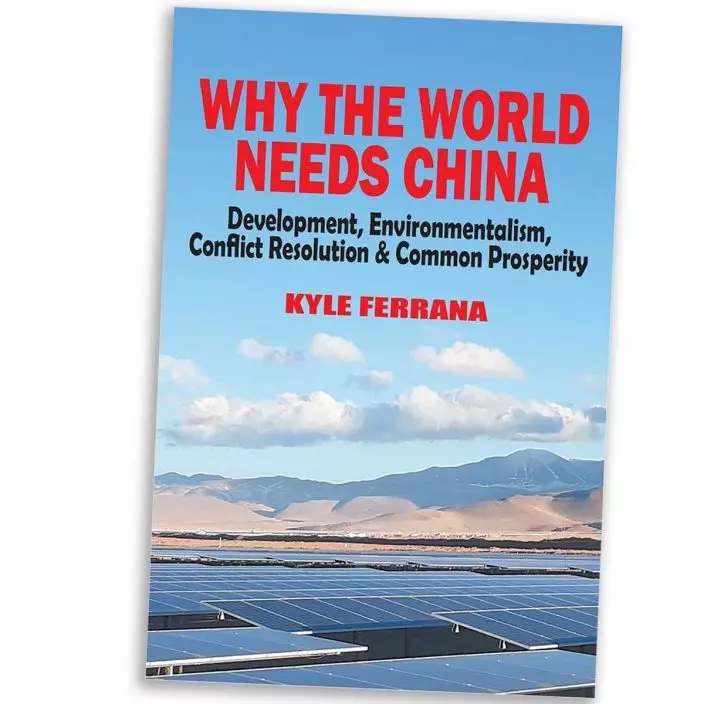
With a huge list of sources, both Chinese and Western, the author shows exactly how the Chinese keep surprising the world, starting with a powerful example: China, the land of old-fashioned black bicycles, rapidly transitioned into being the pioneer in next generation electric cars and buses – and at a global level, no less.
Shocked, the US responded by abandoning the fundamental principles of capitalism and competition to keep Chinese cars out.
TWISTED WORDS
Ferrana points out that reality can be distorted by subtly twisting words and concepts to create negativity. So Western journalists frame their reports on China with terms that have dark associations.
“There can be no criminals in China, only political prisoners who have been falsely accused; neither are these political prisoners kept in prisons, for there can be no prisons in China, only prison camps,” he writes.
Similarly, write-ups about mainland China, or Hong Kong, or Taiwan, divide everyone into good guys (pro-US) and bad guys (everyone else).
In the media: “If any Chinese people speak positively of the Party, this can only be the result of the government’s brainwashing. Those who speak critically of the Party, however, are always brave and clear-thinking truth-tellers, soon to be ‘disappeared’ by the government; when they are seen in public thereafter, their reappearance must somehow be ‘staged’ by the government.”
The author’s careful research and clarity of writing makes this an excellent example of professional reportage, and the achievement is impressive, given that Ferrana is an independent author with a background in US technology, not an academic in the China studies field.
REALITY IN HONG KONG
Hong Kong people will be surprised and grateful to find a US writer who understands their nuanced position, unlike the western establishment which tends to portray their home as an oppressed city filled with people who are disappointed their society hasn't become like ‘Murica.
A 2019 poll by Reuters (a UK-originated news agency highly critical of China) found that only eight per cent of Hong Kongers expressed a strong desire for Hong Kong’s independence from China.
While the western media uniformly blamed Beijing for the unrest in Hong Kong, only 12 per cent of Hong Kong people accepted that allegation, the book says.
INTERFERENCE
Ferrana points to the obvious political interference by notorious US groups such as the National Endowment for Democracy, which spent decades giving millions of dollars to anti-China groups.
By encouraging and financing the growth of pro-US groups such as the Hong Kong Confederation of Trade Unions, the west could ensure the availability of China-hostile people to hit the streets—and then western reporters would interview them as if they represented the Hong Kong people, rather than the western paymasters discreetly financing them.
“According to the Berlin-based Latana Democracy Perception Index Report, by the spring of 2022 a two-thirds supermajority of Hong Kongers believed that Hong Kong did not need more democracy, and most held a positive view of mainland China,” Ferrana writes.
The violent arson-filled series of protests in 2019 are to this day painted as being a noble series of “pro-democracy marches” but that was never the case. “While there is some genuine desire for more democracy in Hong Kong, statistically, it is unlikely to have been the largest or even a very significant factor behind the mobilization,” Ferrana writes.
THE REAL ASIA
For people who live in Asia (about 60 per cent of the world’s population), the book will elicit grateful nods of appreciation. It is filled with observations that match what we see in front of our eyes – but which we can never find in the pages of the Economist, FT, Guardian, or other international media.
But perhaps the most valuable point Ferrana makes is very simple. Yes, China differs from the west—but being “different” doesn’t automatically mean “bad”.
In fact, given the mounting problems of the west, there’s plenty of evidence that China’s system of governance has lessons that the world can learn from. China has taken much of what is good in capitalism, but retained a strong streak of socialist thinking—a healthy mix that keeps the economy on a middle path, and does wonders to alleviate poverty.
The country prioritizes aims such as “common prosperity” using its firm control. This firmness enables China to get things done. It makes mistakes, but it often hits difficult targets.
Example: The US is in a decades-long fight with itself on whether it should take action against climate change, while China quickly got into a position where it is already leading the world in the transition to clean energy, such as solar and wind, by a wide margin.
Why does the world need China? Because it is an experimental model of a different way of running society – and has had a number of remarkable successes in that role.
"Why the World Needs China" has just been published but is already being widely praised. London-based author Carlos Martinez summed up the book with these words:
“Ferrana creates a compelling and inspiring narrative about Chinese socialism and China’s place in the world, and in so doing, demolishes a range of popular myths: that China has ‘gone capitalist,’ that it is an imperialist power, that it is a serial human rights abuser.”
This book is a must-read. Even if you don’t read long books, buy it anyway – and keep it on your shelf to use as a reference if anyone brings up the topic of Hong Kong, Tibet, Xinjiang, Taiwan, or any of the other concepts that have been weaponized against China.
And when someone brings up “human rights”, send them a link to this article.
https://fridayeveryday.com/us-weaponized-human-rights-to-keep-china-down-new-study/
For more commentary from Nury Vittachi, check out the YouTube video below:
Lai See(利是)
** The blog article is the sole responsibility of the author and does not represent the position of our company. **


